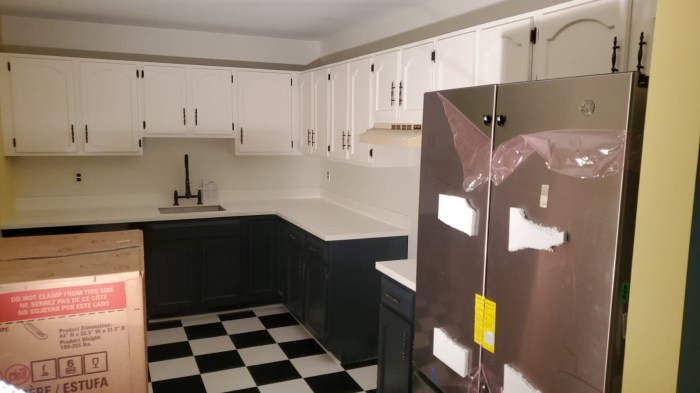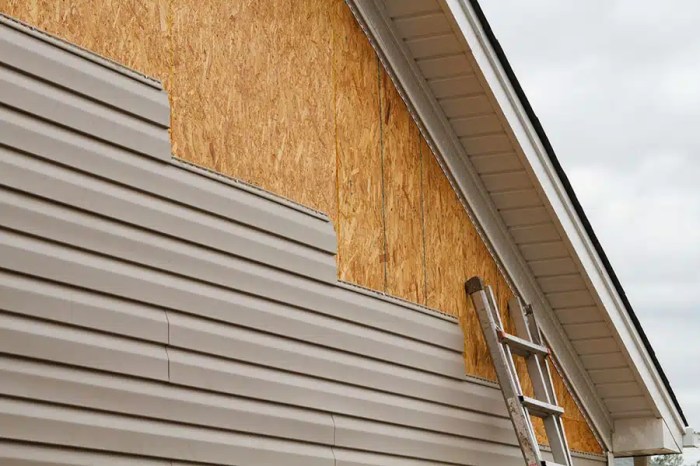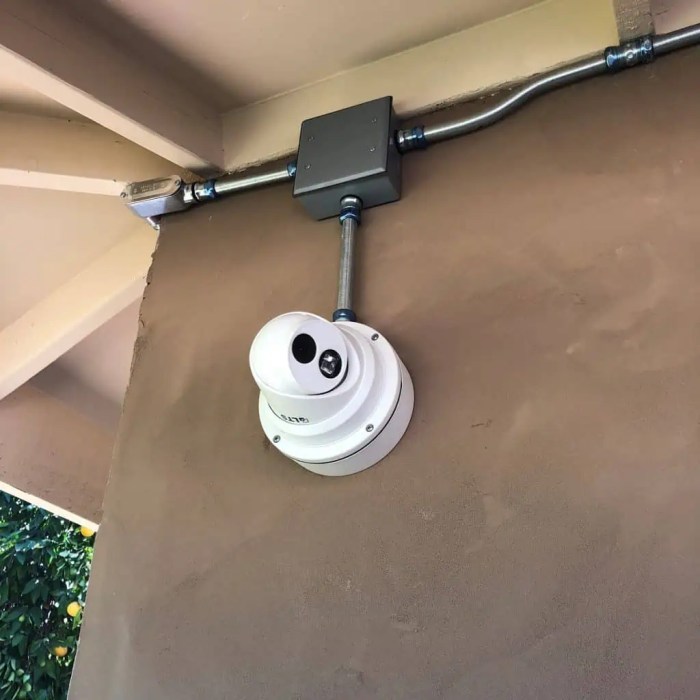Roof Replacement Cost Estimate: Factors, Materials, and Breakdown
As we delve into the world of roof replacement cost estimates, a complex web of factors and materials awaits to be unravelled. From the influence of materials, labor, and roof size to the impact of location and permits, this topic offers a comprehensive guide to understanding the intricacies of estimating costs for replacing a roof.
Factors affecting roof replacement cost estimate
When it comes to estimating the cost of roof replacement, there are several key factors that can influence the final price. These factors include materials, labor, roof size, pitch, complexity, location, permits, and additional features.
Materials
The type of materials used for the roof replacement can significantly impact the cost estimate. For example, high-quality materials such as slate or metal will be more expensive than standard asphalt shingles.
Labor
Labor costs are another crucial factor in determining the total cost of roof replacement. Skilled laborers may charge higher rates, especially if the job requires specialized knowledge or expertise.
Roof Size
The size of the roof is directly proportional to the cost estimate. Larger roofs will require more materials and labor, resulting in a higher overall cost compared to smaller roofs.
Roof Pitch
The pitch or slope of the roof can also affect the cost estimate. Steeper roofs are more challenging to work on and may require additional safety measures, increasing labor costs.
Complexity
The complexity of the roof design, such as multiple levels, valleys, or dormers, can add to the overall cost estimate. These features require more time and effort to install correctly.
Location
The location of the property can impact the cost of roof replacement due to variations in labor rates, material availability, and local building codes. Urban areas may have higher labor costs compared to rural areas.
Permits
Obtaining permits for roof replacement can also add to the total cost estimate. Permit fees vary depending on the location and the scope of the project.
Additional Features
Additional features such as skylights, chimneys, or roof vents can increase the cost of roof replacement. These features require extra materials and labor to install properly.
Types of roofing materials and their cost implications

When it comes to choosing the right roofing material for your roof replacement, it's important to consider the cost implications. Different types of roofing materials come with varying price tags, and understanding how each material choice affects the cost estimate is crucial for making an informed decision.
Asphalt Shingles
Asphalt shingles are one of the most common and affordable roofing materials available. They are relatively easy to install, which can help reduce labor costs. However, asphalt shingles have a shorter lifespan compared to other materials, which may result in more frequent replacements over time.
Metal Roofing
Metal roofing is known for its durability and longevity. While metal roofs typically have a higher upfront cost than asphalt shingles, they require less maintenance and have a longer lifespan. This can result in cost savings in the long run, making metal roofing a popular choice for many homeowners.
Tile Roofing
Tile roofing is a popular choice for its aesthetic appeal and durability. While tile roofs can be more expensive to install initially, they have a longer lifespan and require minimal maintenance. This can lead to cost savings over time, making tile roofing a cost-effective option for those looking for a long-term solution.
Slate Roofing
Slate roofing is known for its elegance and longevity. While slate roofs are one of the most expensive roofing materials upfront, they can last for decades with proper maintenance. The durability and aesthetic appeal of slate roofing make it a high-end option for homeowners willing to invest in a premium roofing material.
Cost breakdown for roof replacement
When it comes to a roof replacement project, it's essential to understand the breakdown of costs involved to ensure proper budgeting and planning. Below is a detailed breakdown of the various costs you can expect in a typical roof replacement.
Material Costs
Material costs typically account for a significant portion of the total cost estimate for a roof replacement project. This includes the cost of the roofing materials such as shingles, underlayment, flashing, and any other necessary supplies. The type and quality of materials chosen will greatly impact the overall cost.
Labor Costs
Labor costs involve the fees charged by roofing contractors for their services. This includes the cost of labor for removing the old roof, installing the new roof, and any additional tasks such as repairs or modifications. Labor costs can vary depending on the complexity of the project and the contractor's rates.
Permit Fees
Permit fees are charges imposed by local authorities for obtaining the necessary permits to carry out a roof replacement project. These fees can vary depending on the location and the scope of the project. It's important to factor in permit fees when estimating the total cost of the project.
Disposal Costs
Disposal costs refer to the expenses associated with removing and disposing of the old roofing materials. This includes the cost of renting a dumpster, transportation fees, and disposal fees at the landfill. Proper disposal of old materials is crucial for a successful roof replacement project.
Additional Expenses
In addition to material costs, labor costs, permit fees, and disposal costs, there may be other miscellaneous expenses to consider. This could include costs for roof inspections, roof repairs, roof reinforcements, or any unexpected issues that may arise during the project.
Ways to get an accurate roof replacement cost estimate
Obtaining an accurate roof replacement cost estimate is crucial for budgeting and planning purposes. Here are some key ways to ensure you get an accurate estimate:
Obtain Multiple Quotes from Different Contractors
- Getting quotes from multiple contractors allows you to compare prices, services offered, and materials used.
- By doing so, you can ensure that you are getting a fair and competitive price for your roof replacement project.
- Consider not just the total cost but also the reputation and experience of the contractors.
Detailed Inspections and Measurements
- Thorough inspections and precise measurements of your roof can help in providing a more accurate cost estimate.
- Identifying any underlying issues or complexities can prevent unexpected costs during the project.
- Ensure that the contractor includes all necessary details in the estimate based on the inspection findings.
Tips on Negotiating with Contractors
- Be clear about your budget and expectations to negotiate a reasonable price for the project.
- Discuss the scope of work in detail to avoid any misunderstandings regarding the services included in the estimate.
- Ask for a breakdown of costs to understand where your money is going and to spot any potential areas for negotiation.
Outcome Summary
In conclusion, navigating the realm of roof replacement cost estimates requires a keen eye for detail and a good understanding of the various factors at play. By exploring the breakdown of costs, types of materials, and ways to get accurate estimates, homeowners can make informed decisions when faced with the need for a roof replacement.
FAQ Guide
What are some key factors that influence roof replacement cost estimates?
Factors such as materials, labor, roof size, pitch, complexity, location, permits, and additional features can all impact the total cost estimate.
How do different types of roofing materials affect cost estimates?
Each type of material, whether asphalt shingles, metal, tile, or slate, comes with its own cost implications that affect the overall estimate.
What is typically included in a cost breakdown for roof replacement?
A breakdown usually consists of material costs, labor costs, permit fees, disposal costs, and any other additional expenses incurred during the project.
How can one obtain an accurate roof replacement cost estimate?
Getting multiple quotes, detailed inspections, precise measurements, and effective negotiation with contractors are key steps to ensuring an accurate cost estimate for roof replacement.




